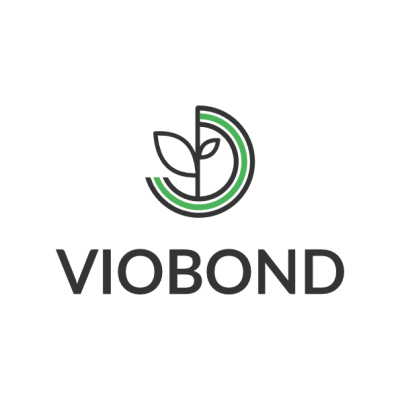
VIOBOND
VIOBOND – sustainable binder: Upscaling new lignin-phenol-formaldehyde resin production with wood-based biorefinery lignin

VIOBOND – sustainable binder: Upscaling new lignin-phenol-formaldehyde resin production with wood-based biorefinery lignin
Phenolic resins are one of the most versatile polymers invented, with a wide range of industrial applications ranging from vehicle components to furniture manufacture. However, the raw materials for manufacturing these resins are currently fossil based. Therefore, there is a need to find alternative source for these if Europe is to deliver on its ambitions for a circular economy.
One potential sustainable source for use in these resins is lignin. Lignin is widely available as a by-product of forestry-based industries, such as pulp and paper production. The VIOBOND project will create the first commercially viable resin plant, producing formaldehyde resins that will partially substitute the fossil-based phenol and formaldehyde with lignin-derived raw materials. This flagship plant will produce around 45,000 tonnes of the resin per year, which will be used for plywood manufacture and coating, sandpaper adhesive and glass wool thermal insulation binder. The project will demonstrate the efficacy of the resin production process and help transform lignin from a low value feedstock to one that can create high-added value materials.
By making the business case for of lignin phenol formaldehyde resins, it will help accelerate their commercial introduction and advance the environmental benefits that this will bring. It will also offer European innovation access to markets and demonstrating its leadership in bio-based industries.
The overarching objective of the VIOBOND project is to demonstrate the viability of replacing phenol and formaldehyde sourced from fossil-based sources with lignin-derived materials. Within this, it will pursue a number of specific objectives.
Overall, the project will contribute to enhancing Europe’s innovation capacity within the bio-based economy.
The VIOBOND project is aiming to deliver a number of impacts that will contribute to the wider goals of the BBI-JU. These will include: